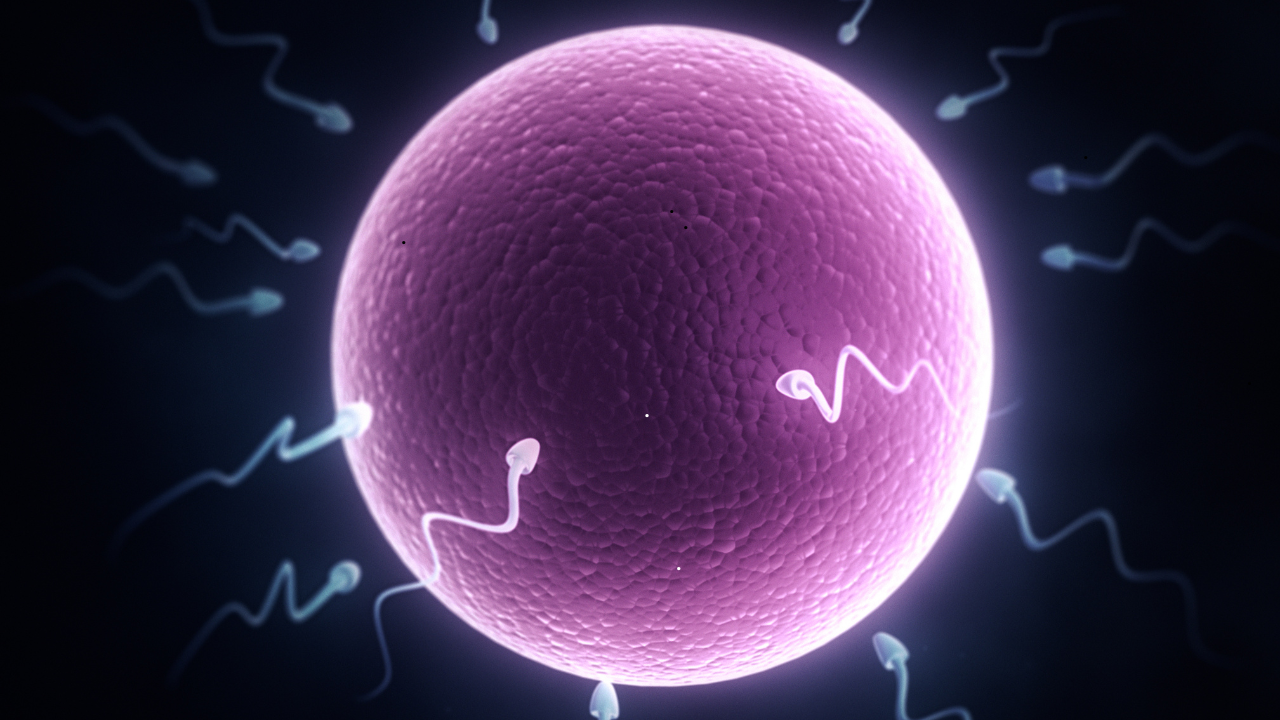Turns Out, Women’s Eggs Don’t Age Like the Rest of the Body, Here's What The Study Says

Credits: Canva
SummaryA new study published in Science Advances reveals that human egg cells remain genetically stable as women age, resisting mitochondrial DNA mutations seen in other body cells. Led by Kateryna Makova and Barbara Arbeithuber, the research suggests oocytes possess protective mechanisms preserving fertility, energy production, and reproductive health even in later life.
End of Article
